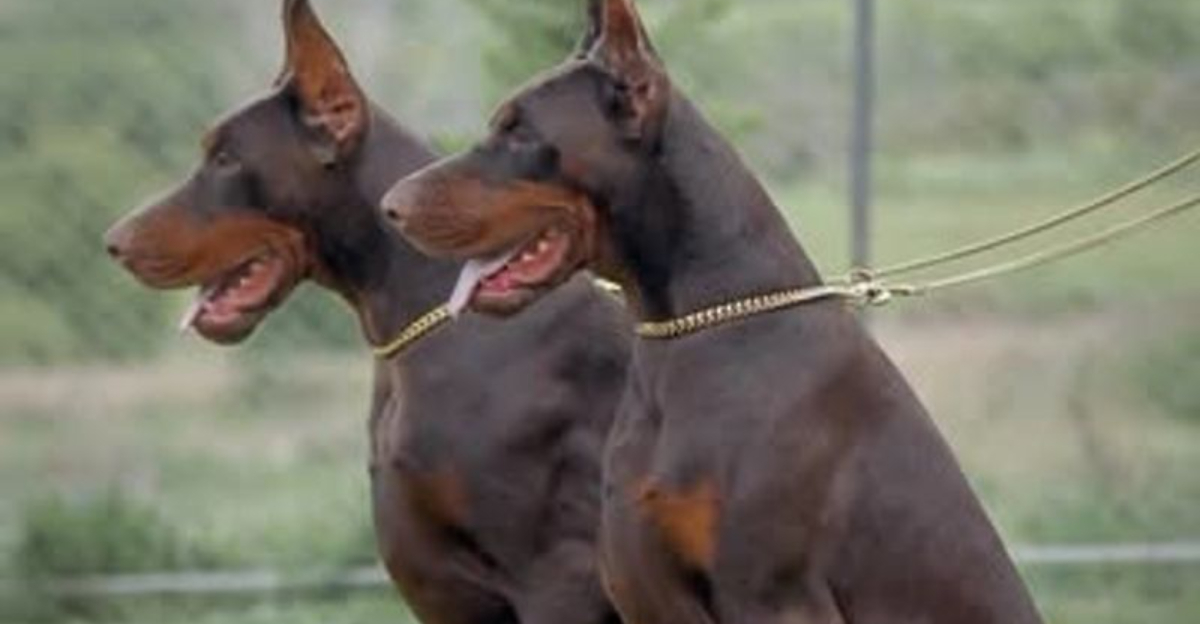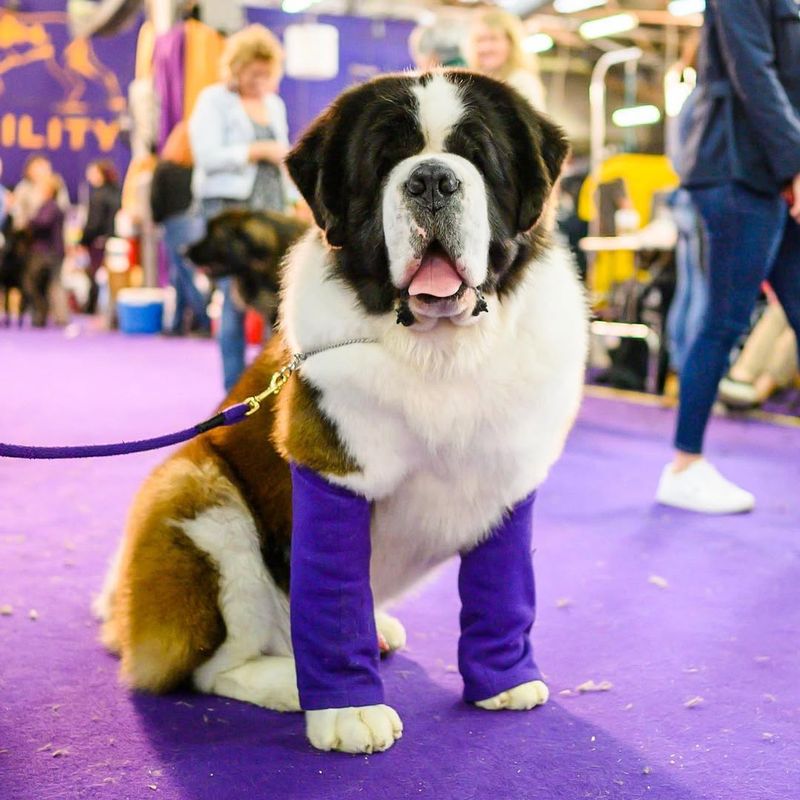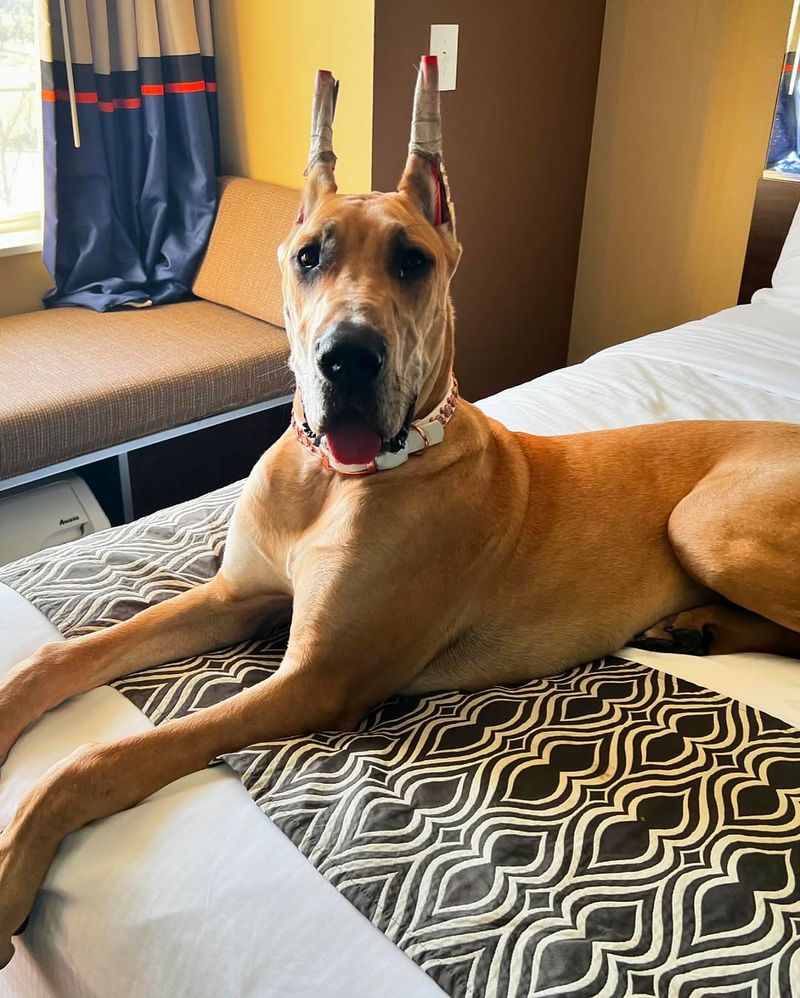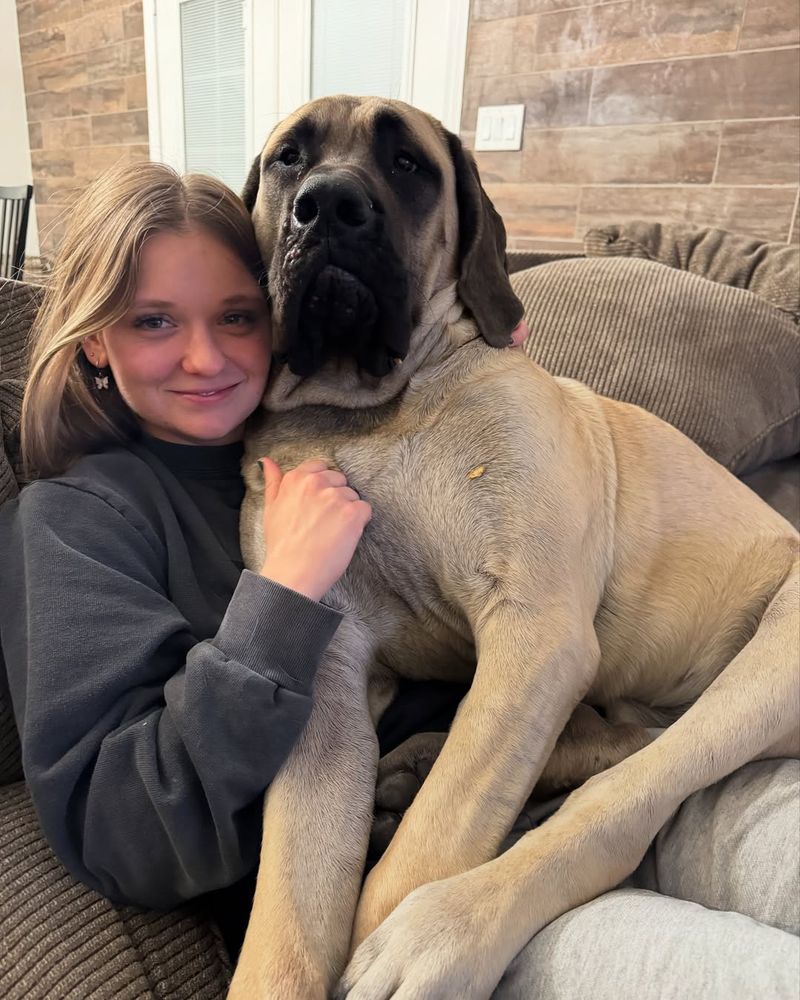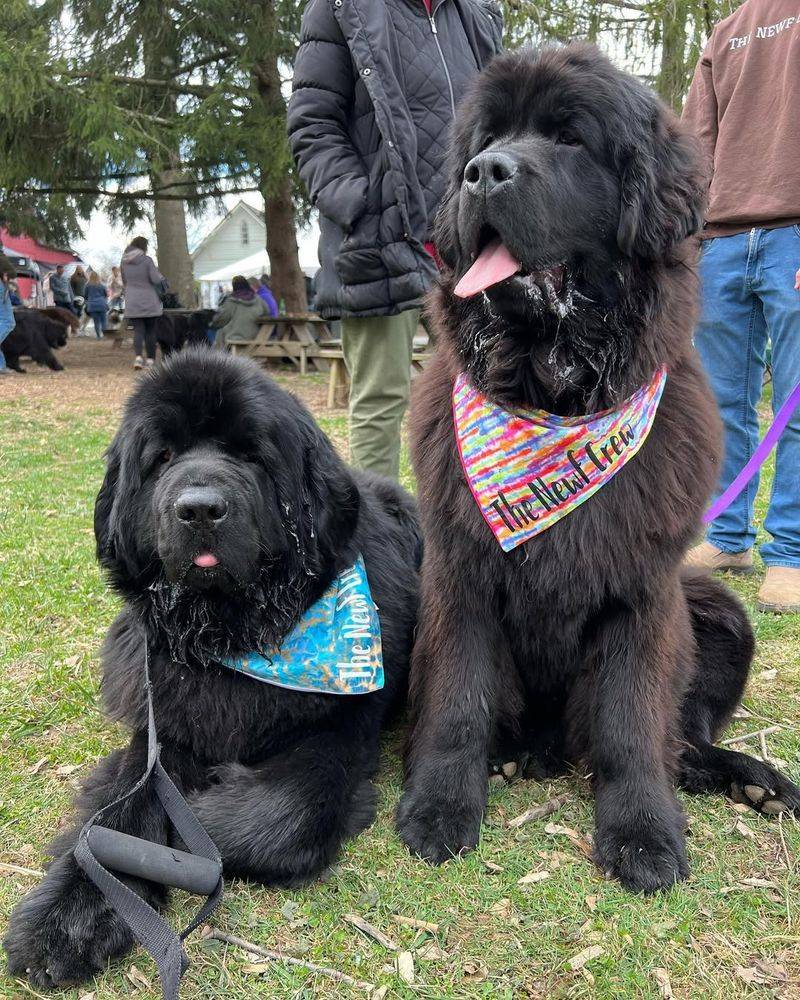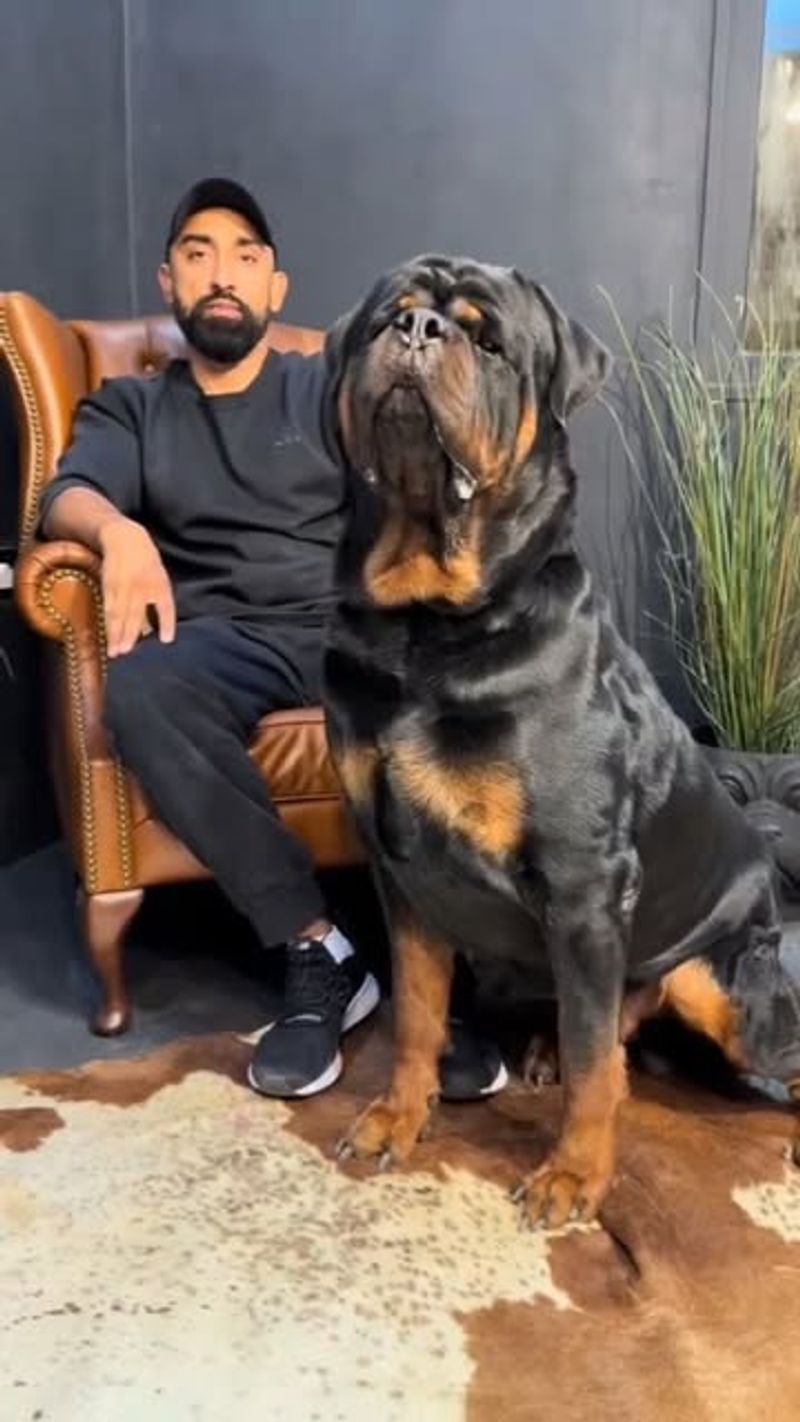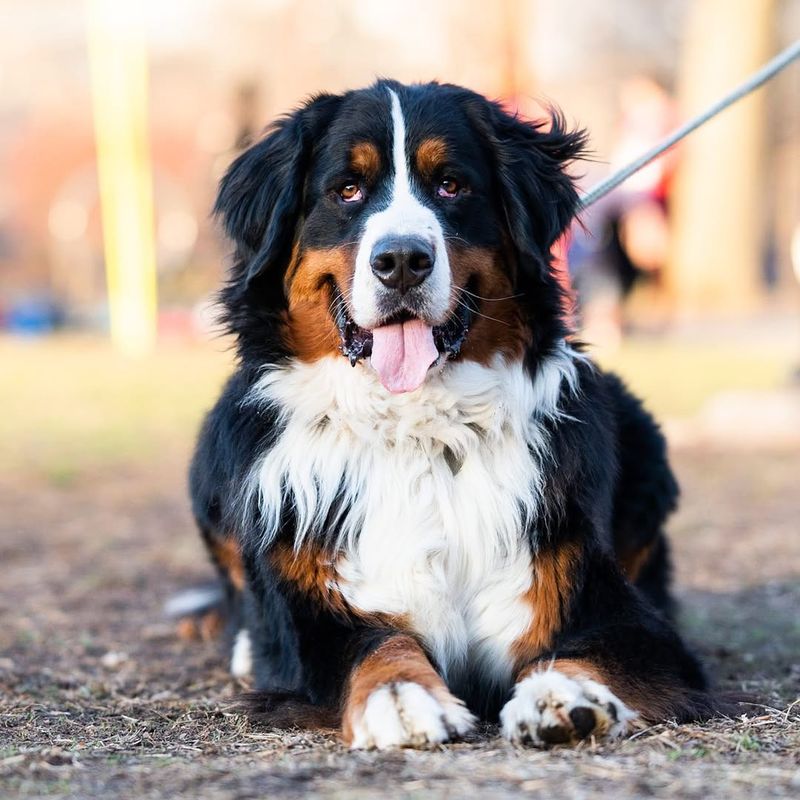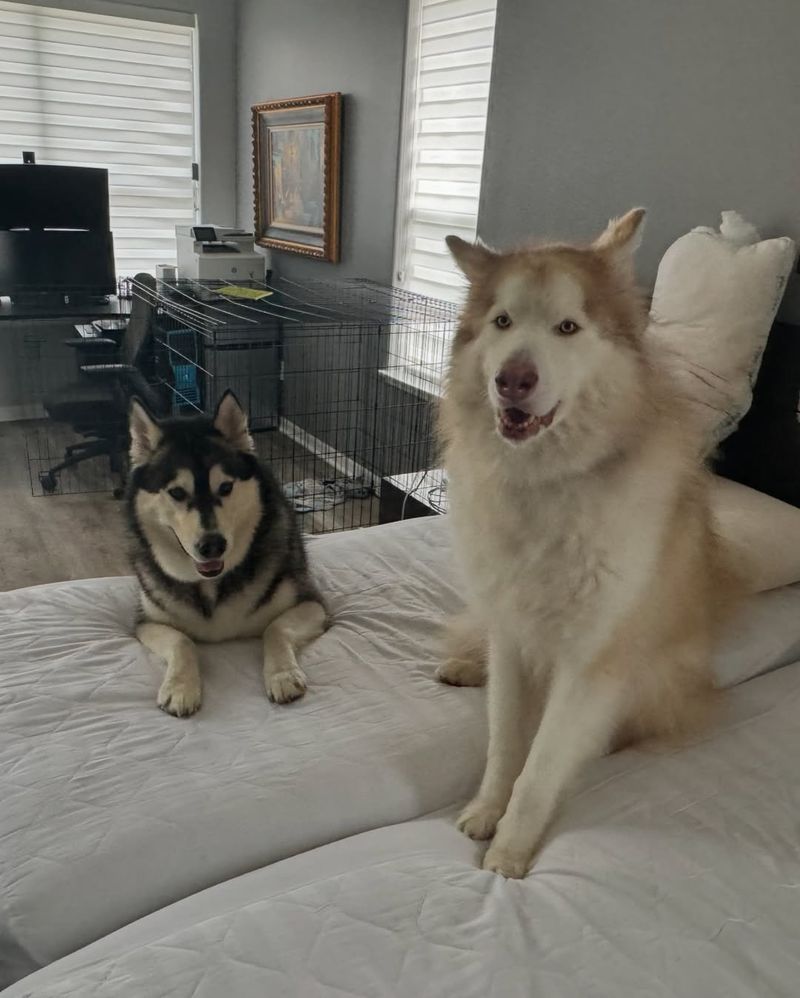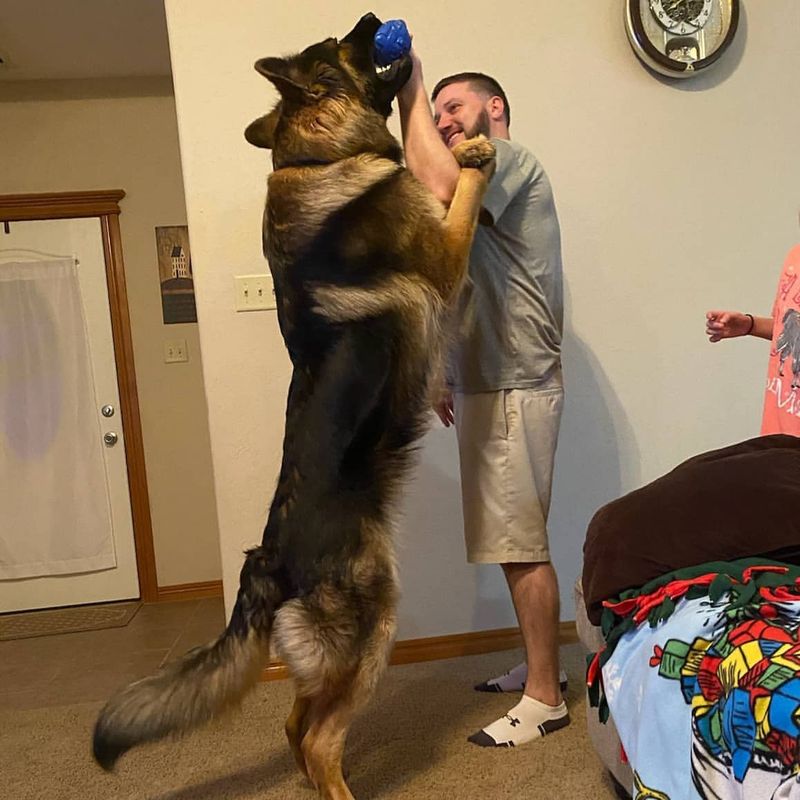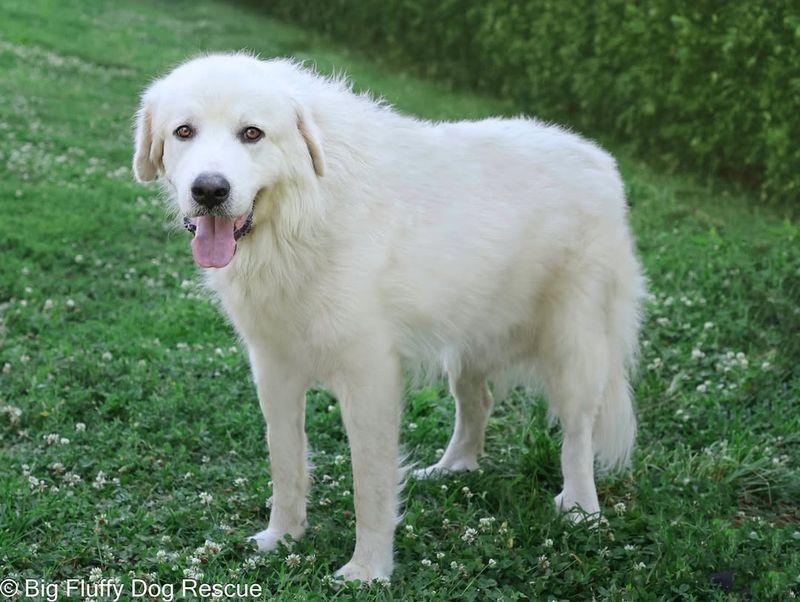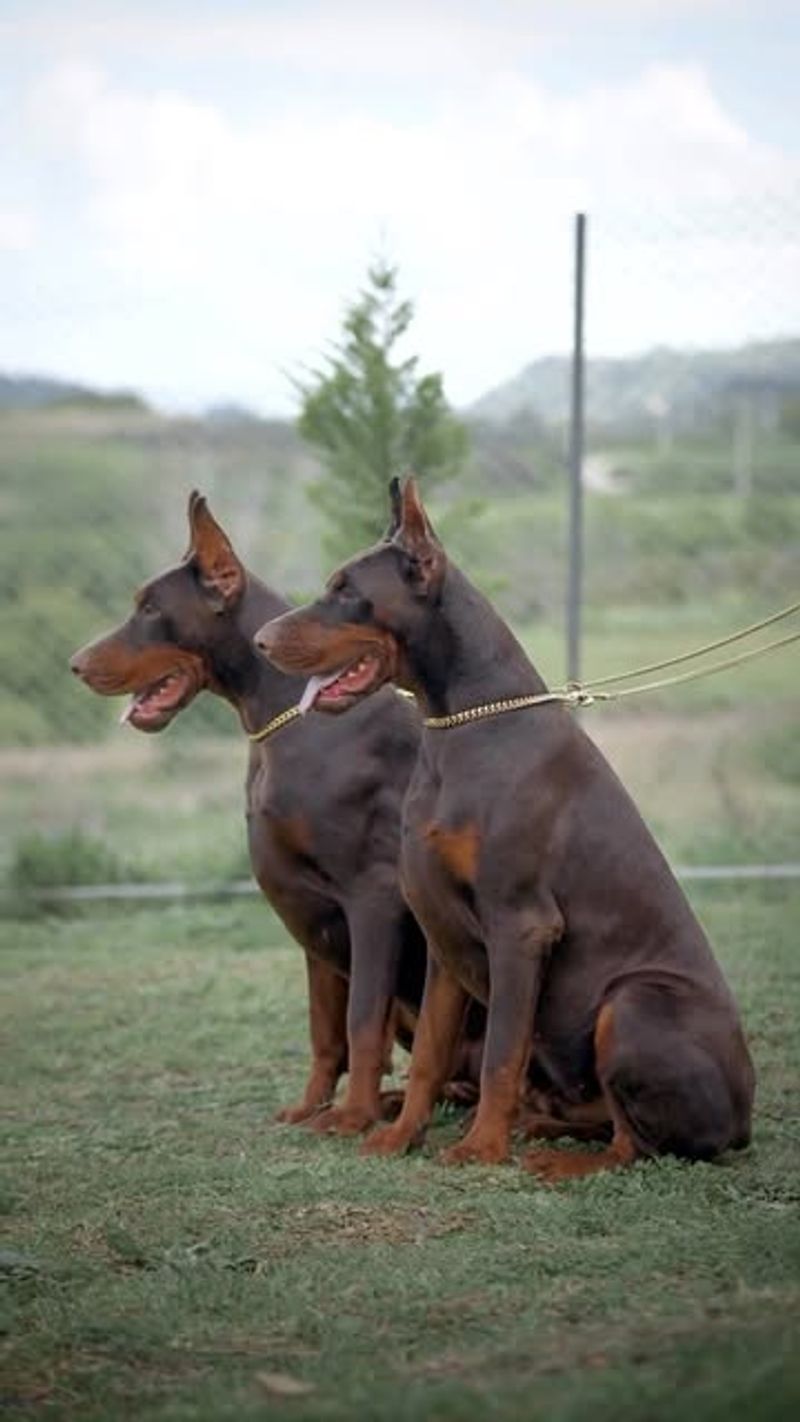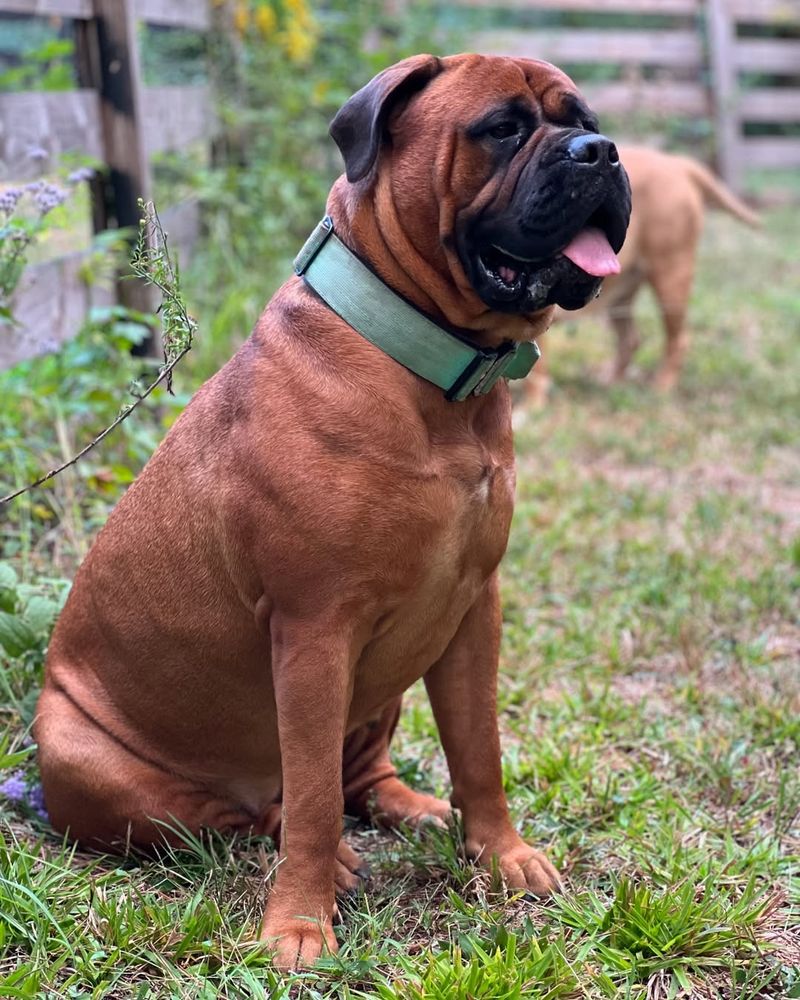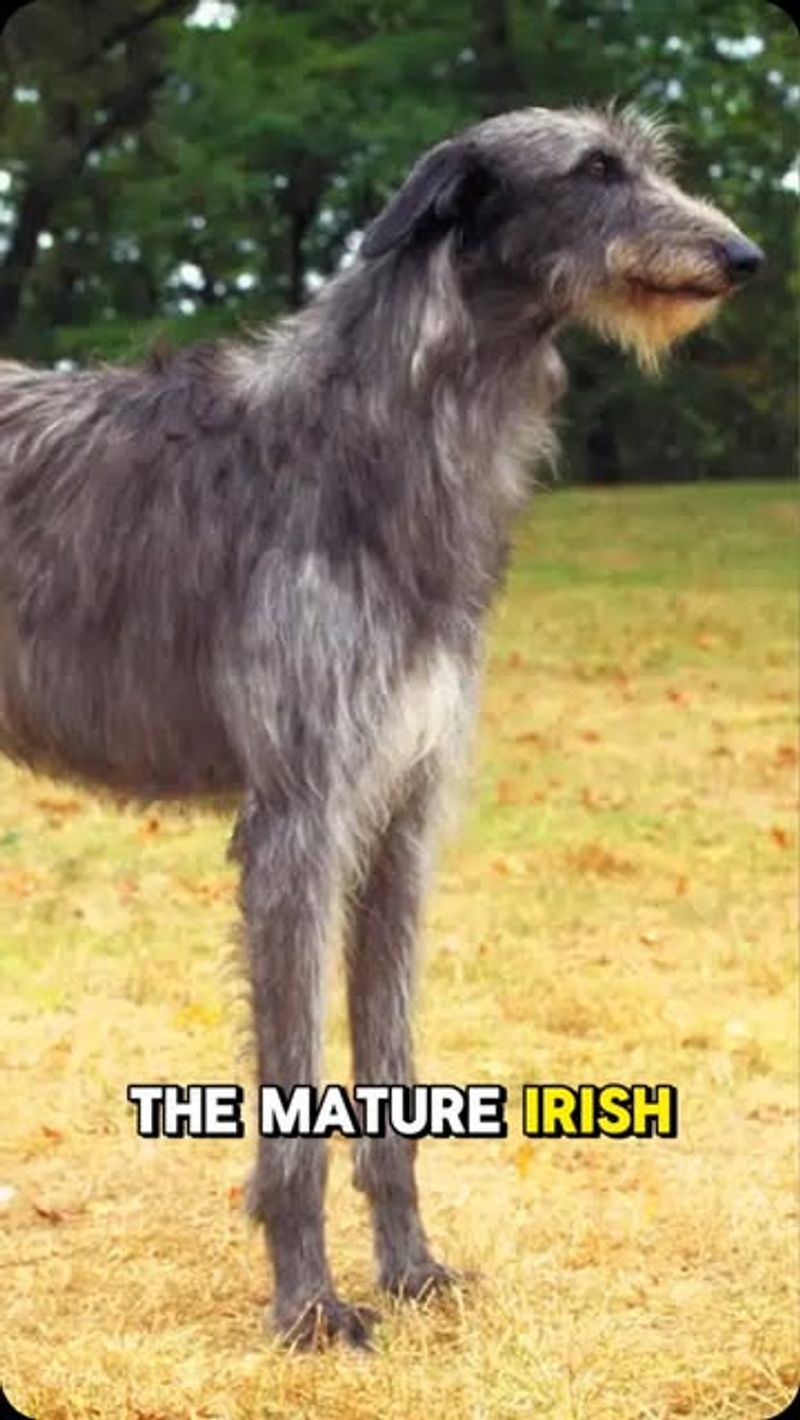Big dog breeds are often admired for their majestic presence and loyal companionship. However, without strong leadership, these gentle giants can become a handful. This blog post explores twelve large dog breeds that require firm guidance to ensure they thrive in a family setting. Whether you dream of owning a big dog or already have one, understanding the need for leadership is crucial. Let’s take a look at these breeds and what makes them unique, along with actionable advice on how to manage them effectively.
Saint Bernard
Saint Bernards are gentle giants, famous for their rescue work in the snowy Alps. Despite their calm demeanor, they require consistent training and leadership to prevent them from becoming overly dominant. Their size alone can make them a handful, especially if they decide to barge through your house at full speed.
Training should start early, focusing on basic obedience and socialization to ensure they grow into well-mannered adults. Providing them with regular exercise and mental stimulation can prevent boredom, which can lead to unwanted behaviors. With strong leadership and gentle guidance, Saint Bernards can be loving family members.
Great Dane
Great Danes are known for their noble stature and gentle nature. However, their size makes it imperative to establish leadership early on. Without proper guidance, they might develop habits that are challenging to manage.
Training should focus on socialization and obedience to ensure they are comfortable around people and other animals. A secure yard and regular walks are essential to keep them healthy and happy. Consistent training and a firm, yet gentle hand, help them understand boundaries. A well-led Great Dane is a joy to have, offering affection and companionship in abundance.
Mastiff
Mastiffs are known for their protective nature and massive size. While they are gentle with family members, they require a leader to guide their strong instincts. Without clear leadership, they may become overly protective or stubborn.
Early socialization is key, as well as teaching them basic obedience commands. Regular exercise and mental challenges can help keep them content and prevent them from becoming bored. A secure home environment with clear rules and boundaries helps them thrive. With the right leadership, Mastiffs are loyal protectors and loving companions.
Newfoundland
Newfoundlands are gentle and affectionate, often described as ‘gentle giants.’ Their love for water and strong swimming abilities are well-known, but they still require strong leadership to ensure they do not become unruly.
Consistent training and early socialization are crucial. They need to understand boundaries and develop good manners. Regular exercise, especially swimming, is beneficial for their physical and mental health. With firm guidance, Newfoundlands make excellent family dogs, known for their loyalty and patience. Providing them with a structured environment ensures they grow up to be well-behaved companions.
Rottweiler
Rottweilers are courageous and confident dogs, known for their protective instincts. They require a strong leader to channel their energy and instincts positively. Without guidance, they might become overprotective or dominant.
Socialization from an early age is vital, helping them become well-adjusted adults. Regular training sessions focus on obedience and understanding commands. Consistent leadership and an active lifestyle help Rottweilers thrive. They enjoy having a job to do, whether it’s guarding, obedience training, or agility. When led with confidence and care, Rottweilers are loyal and loving family members.
Bernese Mountain Dog
Bernese Mountain Dogs are affectionate and good-natured, but their size requires mindful training and leadership. They are prone to becoming attached, so teaching independence is important.
Early socialization and training help them become well-mannered adults. Bernese need space to roam and regular exercise to keep them healthy. They thrive in environments where they have a sense of purpose. Consistent training and clear boundaries make them delightful companions. Their loyalty and gentle temperament shine when they are led with patience and love, making them cherished family members.
Alaskan Malamute
Alaskan Malamutes are powerful dogs known for their endurance and strength. They have a pack mentality, requiring a strong leader to guide them. Without leadership, they might challenge authority or become unruly.
Socialization and training are essential from a young age, focusing on obedience and behavior in various situations. Regular physical and mental exercises help channel their energy positively. Engaging them in activities like sledding or hiking can be rewarding. With strong leadership and structured guidance, Alaskan Malamutes are loyal and playful companions, well-suited for active families.
German Shepherd
German Shepherds are intelligent and versatile, often used in working roles due to their abilities. They require a strong leader to harness their potential and ensure they don’t develop bad habits.
Early training and socialization help them adapt to various environments. Regular mental and physical exercises keep them engaged and happy. They excel in tasks that challenge their intelligence and agility. Consistent leadership and structured routines help them thrive. With the right guidance, German Shepherds are loyal and protective companions, eager to please and quick to learn.
Great Pyrenees
Great Pyrenees are majestic and independent dogs, known for their guardian instincts. They require confident leadership to prevent them from taking control. Without it, they might become willful or unmanageable.
Training should focus on socialization and understanding boundaries. Regular exercise and mental stimulation are necessary for their well-being. They enjoy having a job, like herding or guarding. With firm and loving leadership, Great Pyrenees are calm and affectionate family members. They thrive in environments where they have space to explore and a sense of purpose.
Doberman Pinscher
Doberman Pinschers are intelligent and protective, making them excellent guard dogs. They need a strong leader to guide their instincts and prevent them from becoming overprotective.
Early training is essential, focusing on obedience and ensuring they are well-adjusted. Regular physical activities like running or agility training help channel their energy. Consistent leadership fosters their confidence and stability. With the right training, Dobermans are loyal and loving, protecting their families with dedication. Their intelligence and eagerness to learn make them exceptional companions for those who can provide strong leadership.
Bullmastiff
Bullmastiffs are powerful and protective dogs, known for their fearless nature. They require a strong leader to guide them, ensuring they remain well-mannered and in control. Without leadership, they might become headstrong or overly protective.
Socialization and consistent training from a young age help them understand boundaries and behaviors. Regular exercise keeps them fit and content. They appreciate having a job or purpose, like guarding or participating in obedience trials. With the right leadership, Bullmastiffs are gentle and loyal companions, devoted to their families.
Irish Wolfhound
Irish Wolfhounds are gentle giants, often described as calm and dignified. Their size requires a firm leader to ensure they remain manageable and well-behaved. Training should start early, focusing on socialization and obedience.
Regular exercise is necessary to keep them healthy, though they are generally laid-back dogs. They enjoy activities that stimulate their mind and body. Providing them with a structured environment helps them thrive. With strong leadership and gentle guidance, Irish Wolfhounds are loving and loyal companions, known for their serene presence and affectionate nature.
